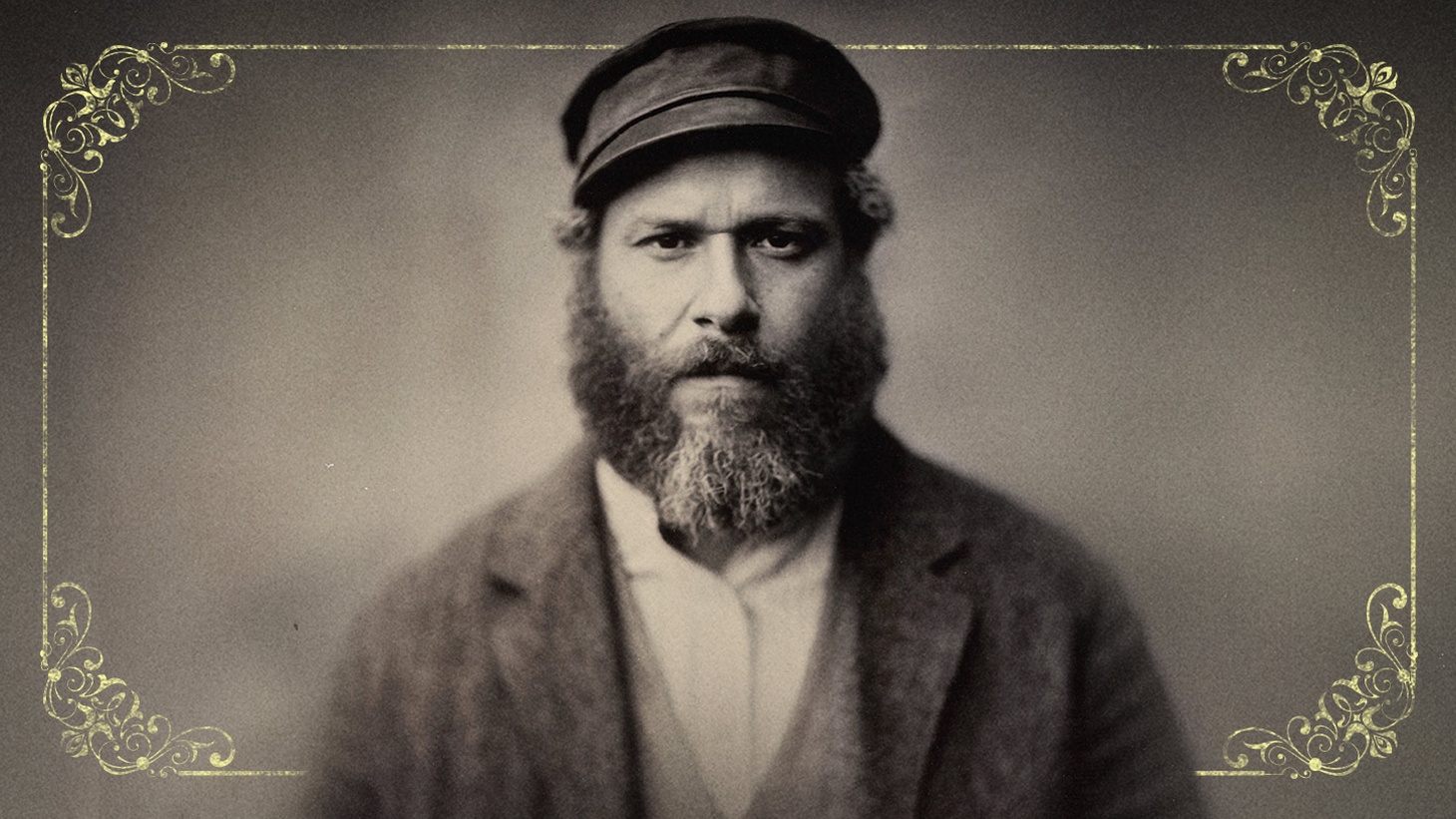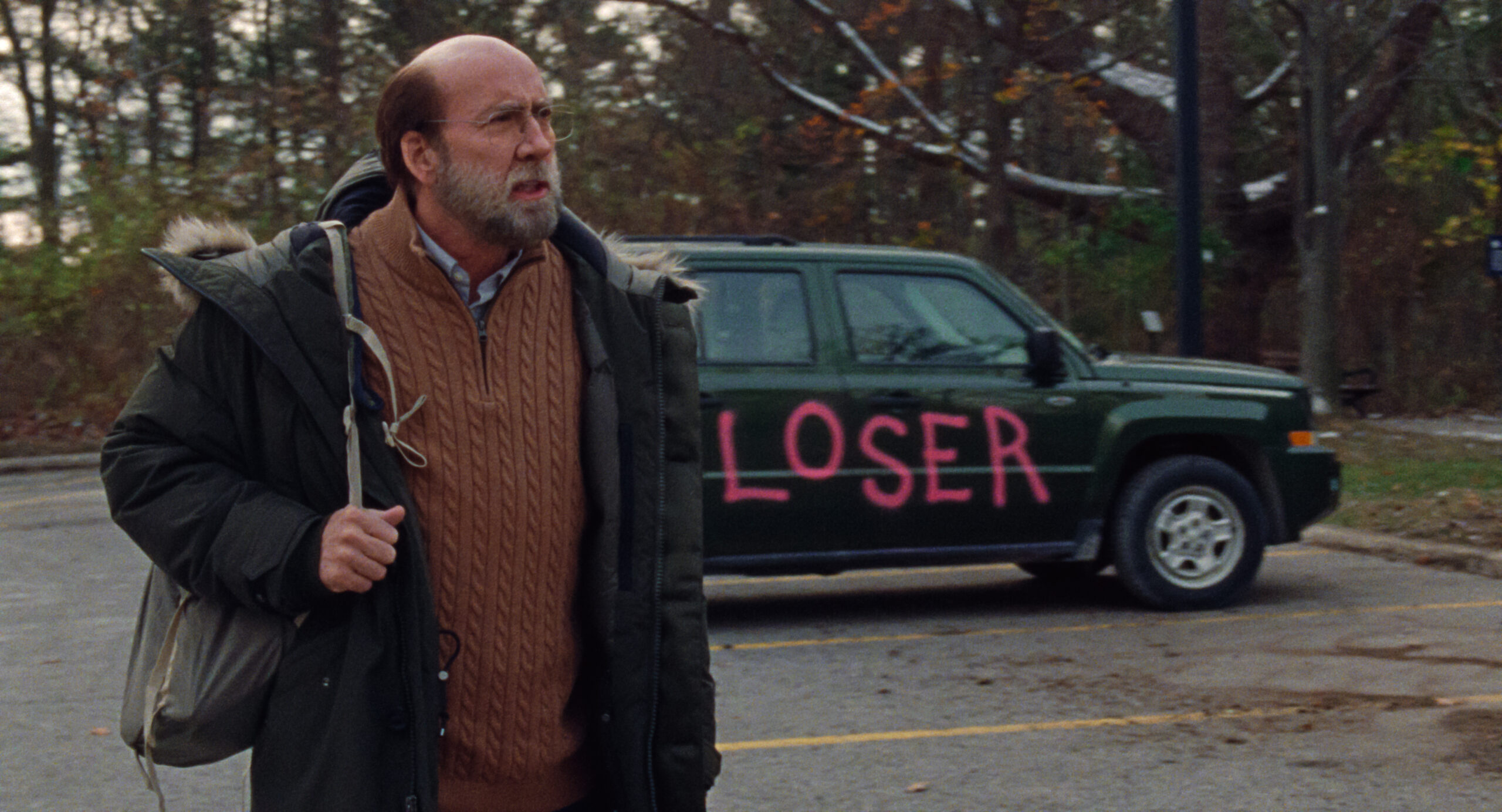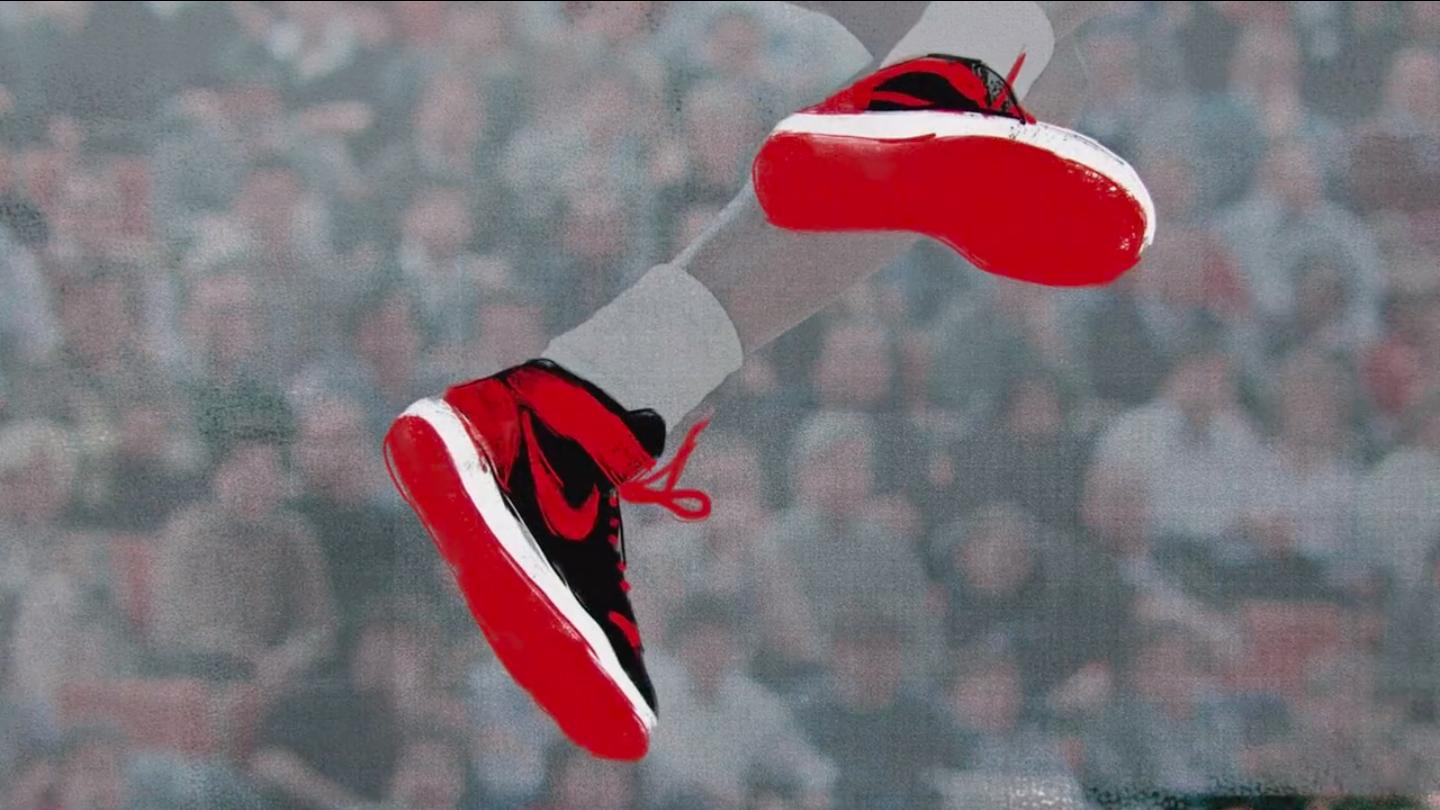Title: Dodging Bullets
Rating: NR
Director: Kathy Broere, Bob Trench
Starring: Emmy May, Melvin Lee Houston, Linda Eagle Speaker
Runtime: 1 hr 36 mins
What It Is: The indigenous peoples of America recount past and current systematically oppressive practices that have led to overwhelming suicide rates carried out by youth in the native communities. The narrative is told through the framework and ideology of historical trauma.
What We Think: The film does a great job of providing a platform to one of the most underrepresented and suppressed voices in the nation. Historical trauma is a multifaceted ideology that deals with the correlation between the past trauma of a group of people and the actions carried out by that group’s offspring. Because the actions can range from heavy drinking to the general distrust of authority to suicide, historical trauma is an extremely hard topic to cover in a way that helps to audience make sense of these connections. The film really tries to drive home the idea that Native Americans have never truly been given the same rights of other groups in the United States. It also criticises Americans’ concern for indigenous cultures outside of the states but not their own. In addition, the film had no problem making seemingly ignorant people uncomfortable with their ignorance. Through native storytellers, expert sociologists, and current events a really difficult topic was simplified, making this documentary a really engaging piece. This one rightfully demystifies what being Native American means and reveals the true history of their trauma that most of us don’t normally get in school.
The only criticism is the format of the film. The information was presented almost essay-like with an overwhelming amount of on-screen quotes usage. They felt like topic sentences. The constant cutting to black screens also disrupted the flow of the film. This caused a slight lack of cohesiveness that made the film feel like a presentation at certain points.
Our Grade: B+, Documentaries are more than reciting information or facts. As a film, it still needs to make the audience feel like they are making some of the connections on their own. But never have I seen a film that focuses on and provides justice to the conversation of the ongoing marginalization of the Native Americans. Hopefully, we will begin to see more content like this in the near future. Nonetheless, the documentary is a great start.


